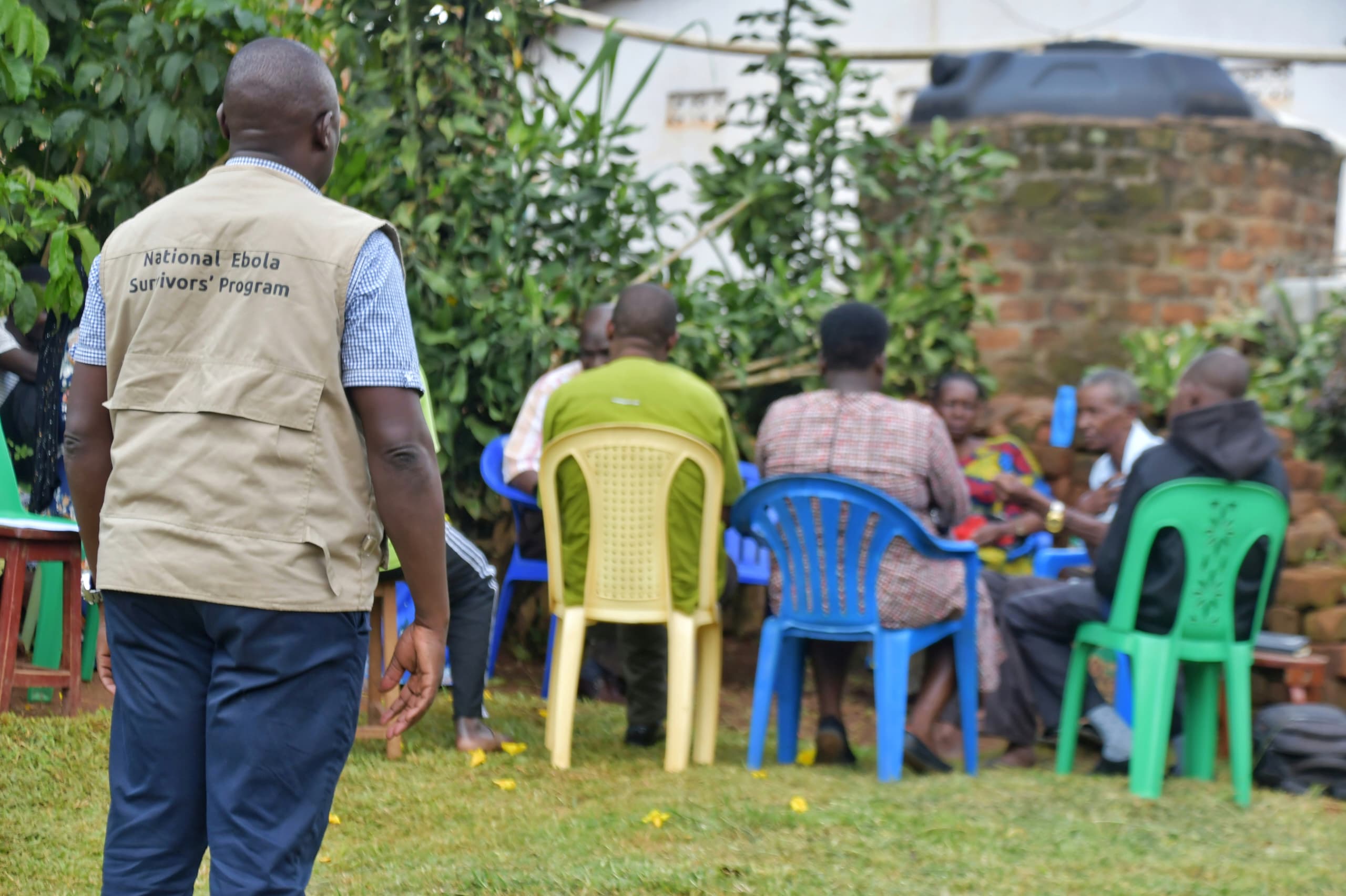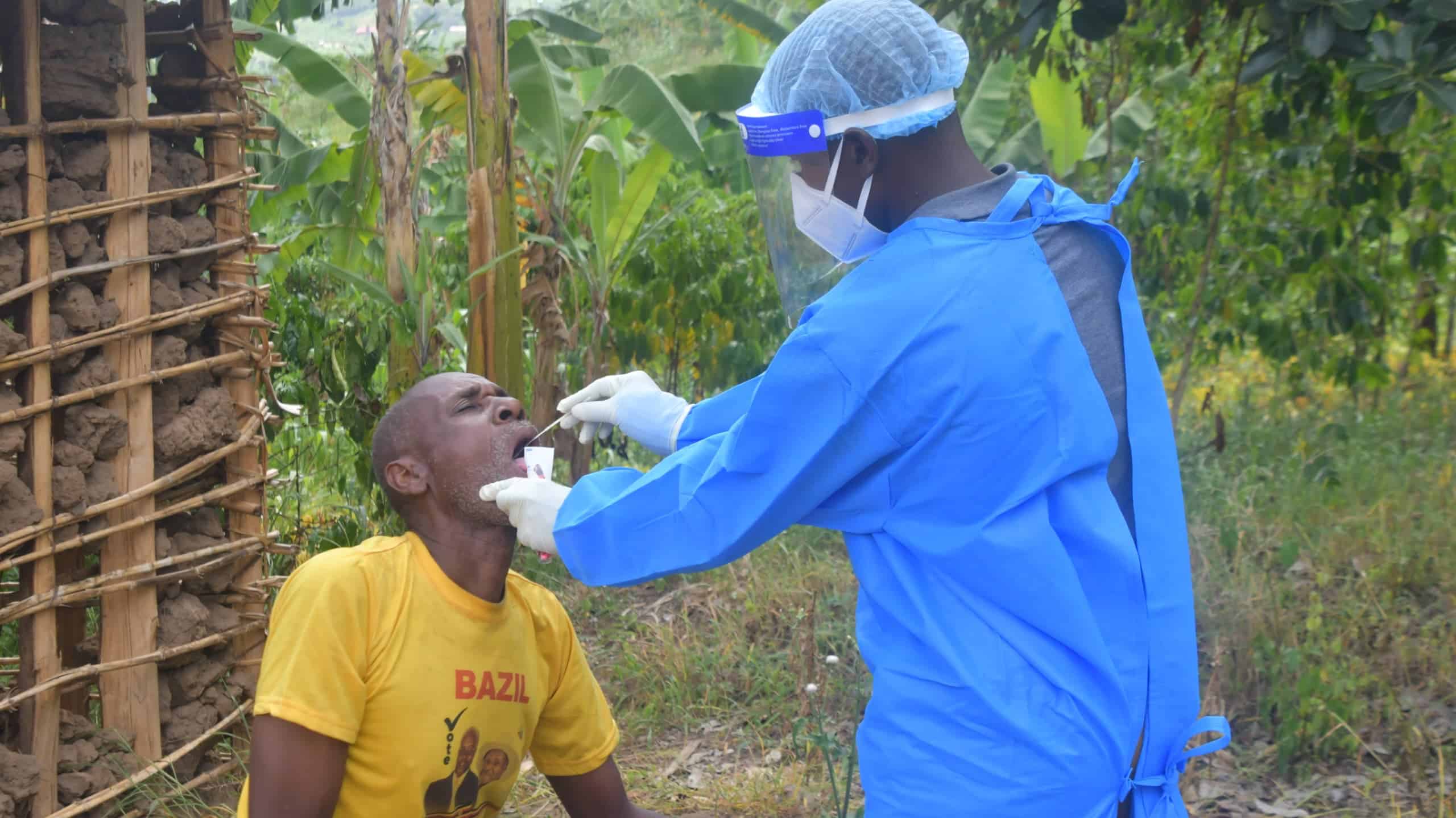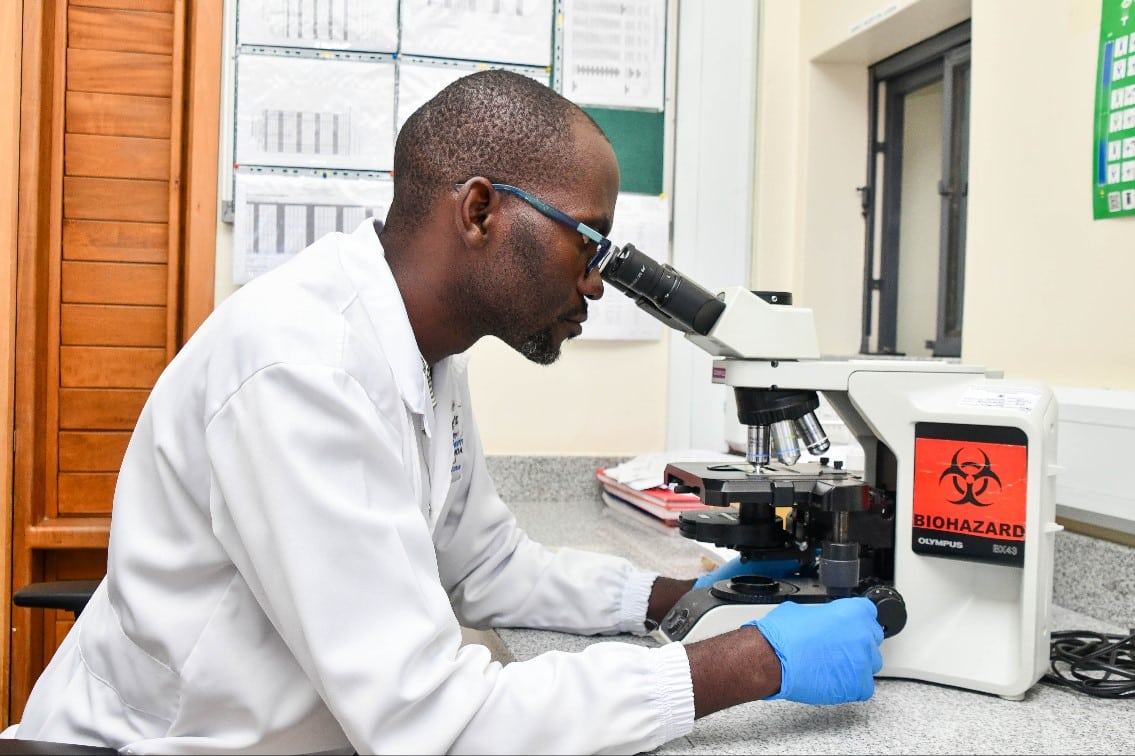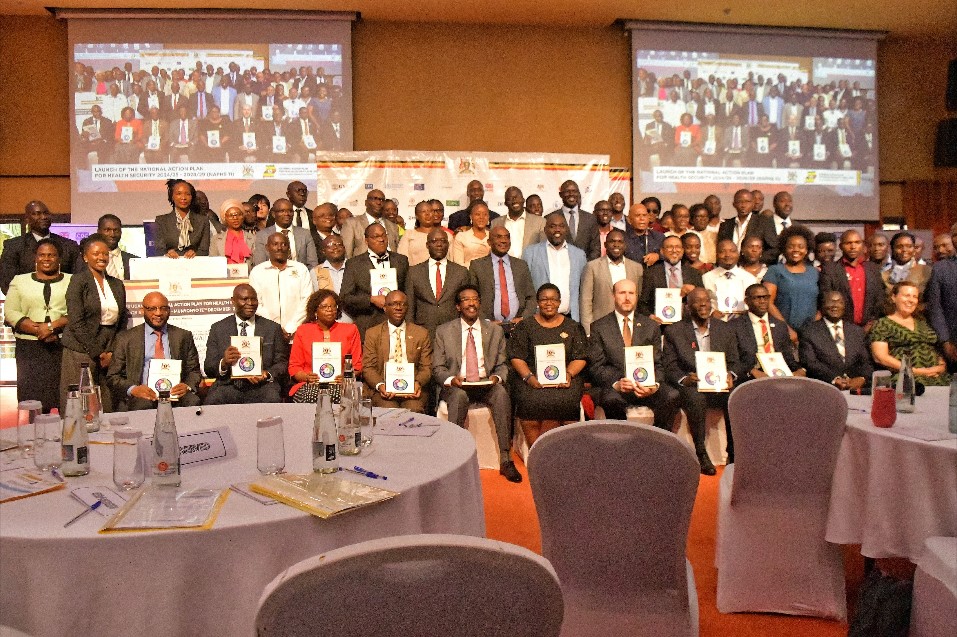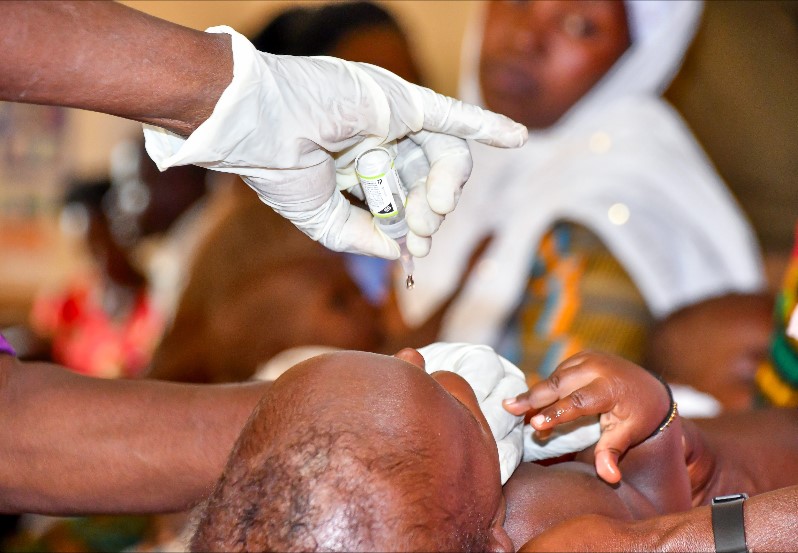The National Ebola Survivors Program, led by Uganda’s Ministry of Health (MOH), plays a vital role in supporting the long-term recovery of individuals affected by the Sudan Ebola Virus Disease (SUDV). With funding from USAID and the Centers for Disease Control and Prevention (CDC) for the first cohort, and continued support from USAID for the second, the program—implemented by Baylor Foundation Uganda—is dedicated to improving the quality of life for Ebola survivors and preventing future outbreaks.
Ebola survivors often face a range of long-term challenges, including medical complications after discharge, psychological distress, stigma, and social exclusion. Additionally, persistence of the Ebola virus in certain bodily fluids—such as semen and breastmilk—poses a risk for future transmission. The program addresses these issues through integrated medical care and psychosocial support.
Our Approach
The program supports two cohorts of survivors from the 2022 and 2025 SUDV outbreaks, delivering comprehensive services to men, women, children, and lactating mothers. These services include:
- Medical Care: The program provides medical care including specialist reviews and advanced medical investigations. This aims at addressing both short and long-term complications related to Ebola.
- Viral Persistence Monitoring: Testing for Ebola virus in the semen of males above 16 years and the breast milk of lactating mothers to reduce risk of transmission. We provide risk reduction counseling as well, and encourage the use of condoms amongst males above 16 years to prevent transmission.
- Psychosocial Support: Counseling services for survivors and families to combat trauma, stigma, and discrimination. This includes couple counseling as well as community and family dialogues that foster reconciliation where stigma and resentment caused a rift.
The program also addresses challenges faced by the survivors within their communities through couple counseling sessions and dialogue meetings. This aims at addressing stigma and discrimination, helping them to reintegrate into the community.
Through the Corps program, survivors are trained to provide support to their peers.
Ebola Survivors’ Program Family Dialogue
- Capacity Building: Training health workers and community resource persons to provide ongoing medical and psychosocial support within communities.
Key Achievements
Coordination
- Developed Uganda’s first National Guidelines for Ebola survivor care.
- Digitized survivor assessment tools.
Clinical care and mental health support
- Supported clinical reviews and mental health and psychosocial support (MHPSS) for all survivors, more directly with the 87 from the first cohort.
- Through our efforts, survivor care has been integrated into routine services provided at Mulago National Referral Hospital, three regional referral hospitals (Mubende, Jinja, Mbale & Entebbe) and Kikandwa Health Centre III. Out of these, three (Jinja, Mbale and Mulago) were commissioned during the second outbreak.
- Mapped 87 survivors from the 2022 Ebola outbreak across the country and 10 from the present outbreak, to ensure targeted support.
Viral persistence testing: (Graphic visualization of this data)
- 47/47 eligible men and 4/4 lactating mothers tested in old cohort
- 45/47 followed up until negative. For remaining two, viral culture were conducted and showed no viable virus (present but dead)
- 46/47 semen samples and all breast milk samples were negative and cleared from monitoring.
- 2/3 semen samples from second cohort
Trained:
- 452 community MHPSS workers
- 54 survivor corps—peer mentors providing support to fellow survivors.
- 183 health professionals across Uganda in long-term survivor care.
Why This Matters
The effects of Ebola extend far beyond the initial infection. After discharge, survivors face medical, emotional, and social struggles that not only affect them but also their families and the community. Through continuous clinical and psychosocial support, this program builds resilience and helps Ebola survivors reintegrate into society with dignity, while also reducing public health risks.
Through national and international collaboration, community involvement, and expert care, Uganda is leading the way in Ebola recovery and survivor support.
